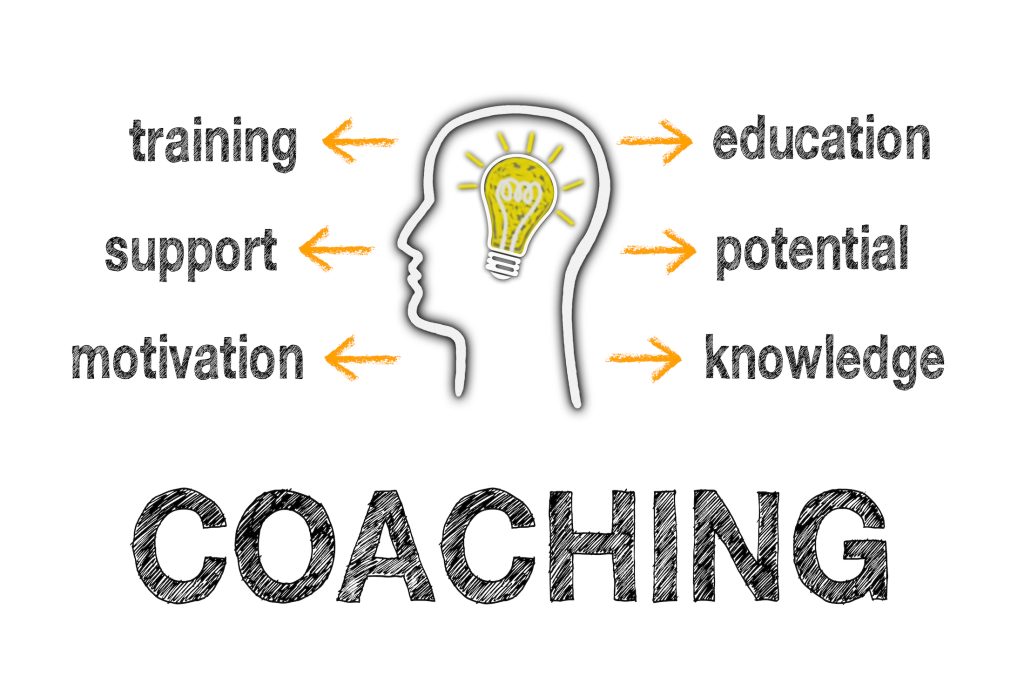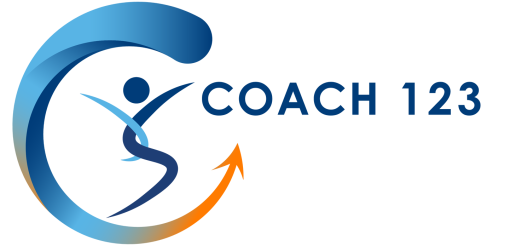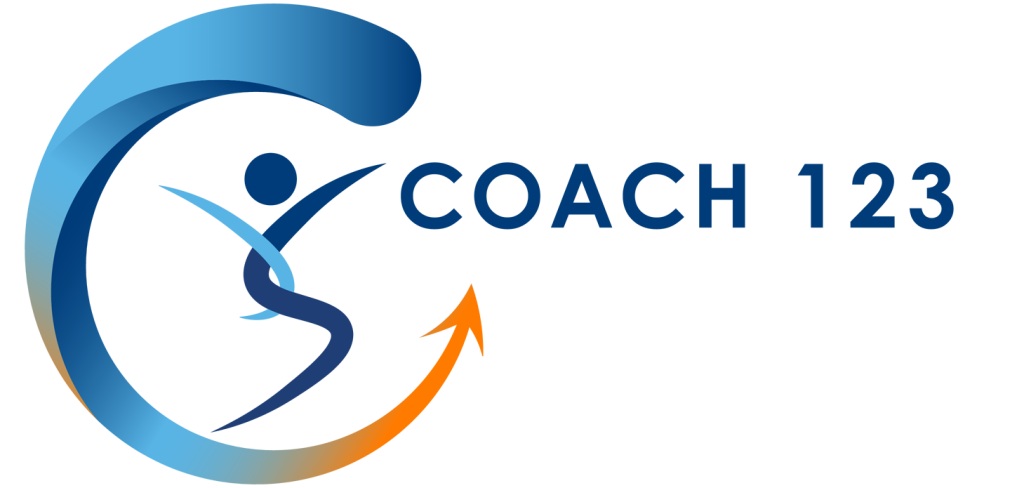The Paradox of Coaching
The Paradox of Coaching

What is the paradox of coaching? Coaching skills can be used in mentoring, managing, counseling, therapy, consulting, and leading.
It goes further – coaching skills add value and benefit when you’re communicating at home with your family, when you’re out with friends, when you’re involved in your community, and interacting with others at work. Coaching skills are used everywhere. Alternatively, mentoring, managing, counseling, therapy, consulting, and leading are inappropriate when you’re coaching. That is the paradox. This invites additional definitions.
Mentoring: when somebody is a mentor, they are passing on their wisdom and their experience. They are helping their mentee make connections with others, and they are giving advice. Is that a good place for them to use coaching skills? Absolutely. Is mentoring different than coaching? Absolutely. Giving advice, passing on their wisdom, making introductions, that’s where it’s different. Having a mentor provides tremendous value and it is very different from having a coach because a coach brings out the answers from within the individual. Mentoring helps develop people and coaching takes that development process to an advanced level.
Managing: a manager is responsible for giving direction and for evaluating performance. Does a coach give direction or evaluate the client? No, not at all. Alternatively, is it smart for a manager to use coaching skills? Absolutely. Listening, asking questions, and holding employees as empowered to do their work is smart.
Mental Health or Counseling: the work involves collecting history, assessing, and determining the condition of mental health and diagnosing. From there, the counselor or mental health professional is developing a course of action and providing guidance. The focus is on managing or reframing the past or the problem in support of helping somebody become whole in dealing with their experience. Assessing, diagnosing, and developing a course of action is unethical for a coach. Is it possible for somebody in counseling to use coaching skills? Absolutely. Think about motivational interviewing and positive psychology. Counselors are served well by using coaching skills. The same is true for therapists. Therapy is treatment of a disorder to resolve problematic behaviors or feelings. A therapist is, again, assessing and creating that course of action. Therapy is not done in coaching. Coaching is an effective tool for therapists.
Consulting: Consultants assess the situation, create and present a plan, and provide expert advice. Very different from what a coach does because coaches do not assess, create the plan, nor provide advice. Alternatively, does coaching help a consultant make their work more effective? Absolutely. It gives them tools in terms of truly understanding the client they’re serving and the situation because they’re asking questions effectively. Does a coach use consulting? It is not the coach’s job to do the assessing or provide the advice that a consultant does. It’s a very different role. The paradox is clear.
Leading: A leader is going to share their vision. They push for action and they’re making decisions. Coaching skills are an incredible tool for leaders. Coaching is commonly seen as a competency that leaders must develop and use. Does a coach share a vision, push for action, or make decisions? That’s the leader’s role. Do coaching skills make leaders more effective? Absolutely. When a leader takes time to listen and understand, to ask questions, and supports people being empowered, that makes a difference.
Coaching: Coaching is partnering with a client so that they explore their possibilities. It’s inspirational. It motivates them to maximize their own personal and professional development. The coach holds the space for the client to identify different opportunities and possibilities, identify potential barriers or obstacles, create their strategies and their action plans, plus determine how they’re going to manage their own progress and accountability. The value is that when an individual chooses their own answer and designs their own plan, they own it and follow-through. The coach is partnering with them through the coaching process specifically, and with the questions they’re asking.
What does this all mean? It means if somebody is a mentor, a manager, a therapist, a counselor, a consultant, a leader in any area, chances are they’ve had a lot of education and experience. What they do calls for that training and experience. Just as those roles call for training and experience, and specifically mental health professionals have licensure involved as well, coaching calls for specialized training too.
When a coach is working with an individual client, they are digging into what that person wants, and that involves some very personal conversations. It’s essential that the coach knows how to handle those conversations and how to effectively partner with the client. It is incredibly valuable to have a coach that is accountable to the Code of Ethics and maintaining confidentiality.
Training makes sense for all professionals and given what is involved it seems an obvious basic requirement. The minimum for being a coach is earning membership with the International Coaching Federation, and that requires 60 hours of coach-specific training. It makes sense for the coach to also earn a credential. For that journey, the coach-to-will want to look for a program that has been accredited by the International Coaching Federation, ICF, because it will teach the core competencies of a coach and the Code of Ethics that ICF members and credential holders are accountable to uphold.
As a coach, going through the training, earning your certification, and earning a credential empowers you with the competencies and the knowledge for the process plus the ethical standards involved. Coach training helps the people that the coach serves in turn, because coaching skills are developed and the Code of Ethics is embodied to provide the guidance and the framework.
Back to the paradox. Coaching skills can be used in mentoring, managing, counseling, therapy, consulting, and leading, amongst other roles. Alternatively, mentoring, managing, counseling, therapy, consulting, and leading are inappropriate when you’re a coach.











